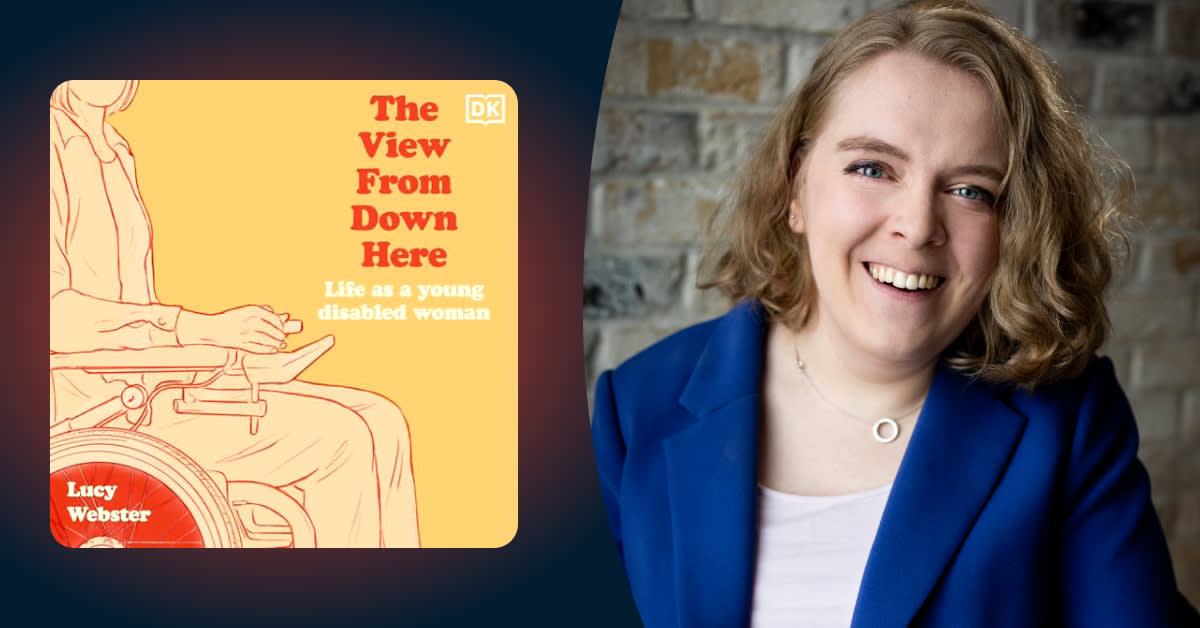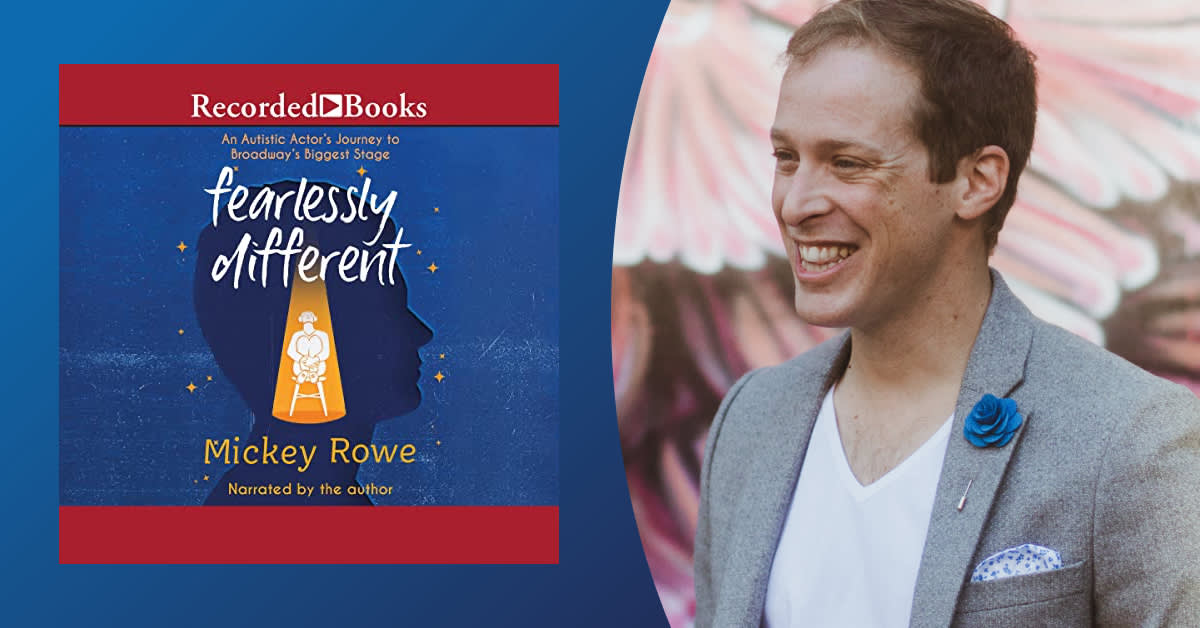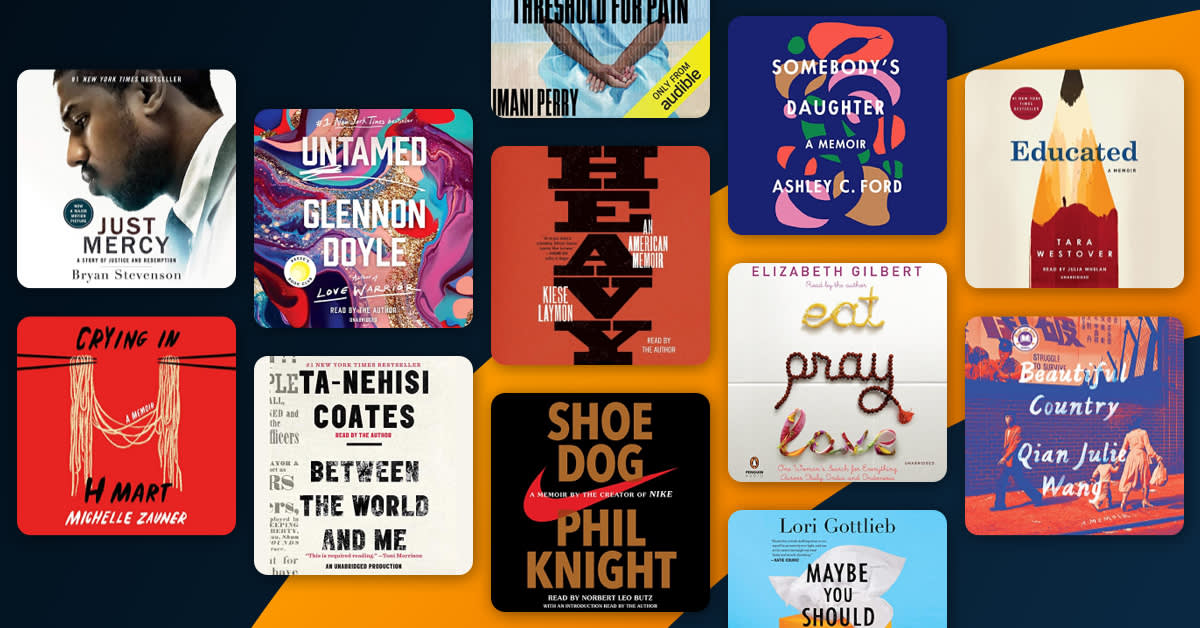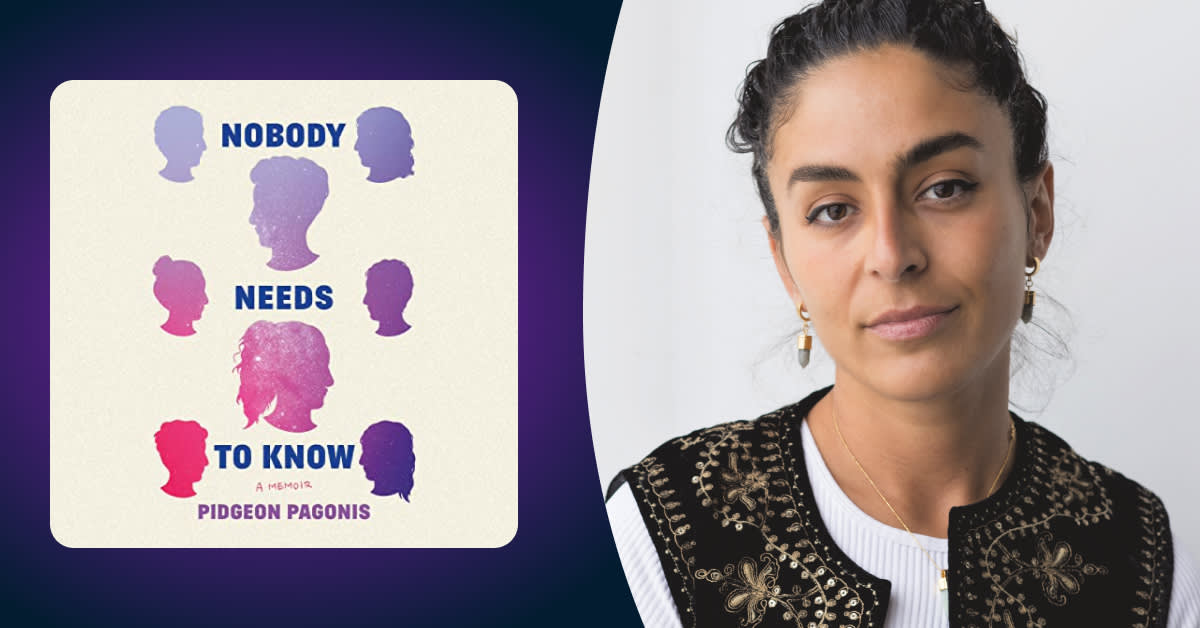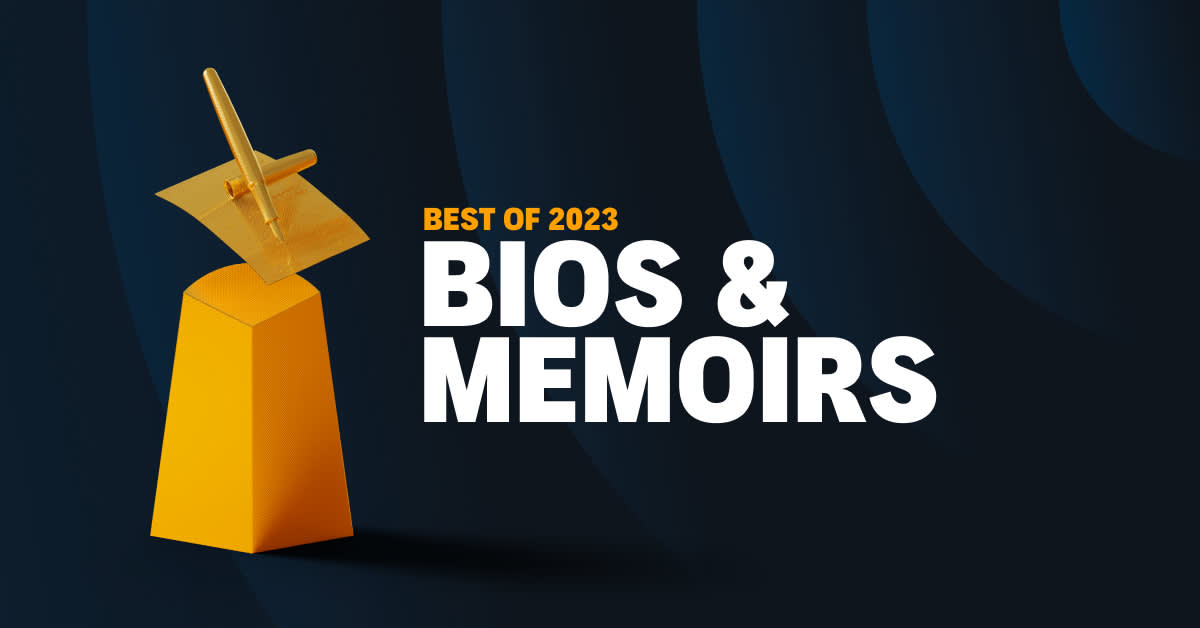In her memoir The View from Down Here, Lucy Webster shares the details of navigating life as a young disabled woman—from getting locked out of frustratingly inaccessible South London night clubs to tackling the specific nightmares of dating while in a wheelchair. In this brief Q&A, the British feminist and disability rights activist explains intersectionality and opens up about what it’s like to reflect on her earlier experiences as an adult.
Rachael Xerri: For those unfamiliar with the term, what is intersectionality and how does it manifest in your own personal identity?
Lucy Webster: In activism and anti-discrimination work, intersectionality is the idea that all of our identities affect our lives and how we are treated by society. For me, as a disabled woman, that means that my life is shaped by both ableism and sexism—and that my experience of each of those forces is colored by the other. In other words, I cannot experience my womanhood without disability and vice versa.
What was the most surprising truth you uncovered about yourself over the course of writing your memoir? Did anything come to light that you weren’t expecting?
I think the most surprising truth was that, despite writing and talking about disability and ableism for a living, I had hidden quite a lot of my own experiences from my friends and family. In particular, I wasn't expecting to see how much I am still affected by bad experiences I had when I was younger.
What do you want listeners to take away from your story?
I want listeners to learn about ableism—what it is, how pervasive it is, and how intertwined it is with sexism for disabled women. I'd really like them to challenge their assumptions about what disabled women can do, where we can belong, and who we can be—and to rewrite rules around femininity that mean we are often not treated as women at all.
